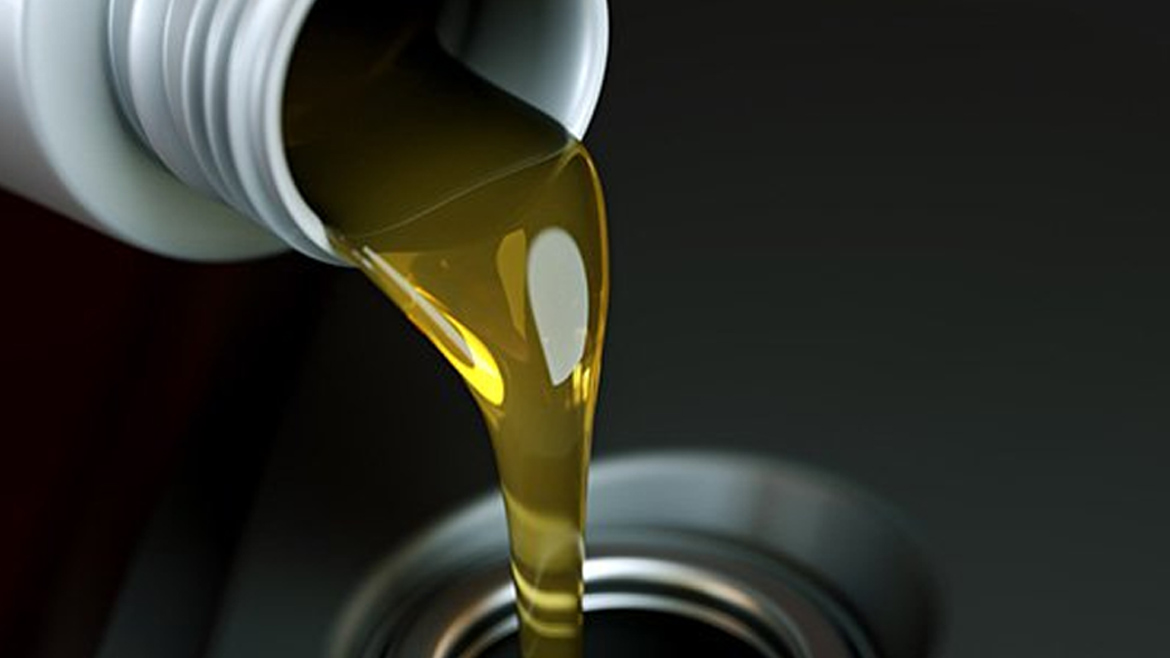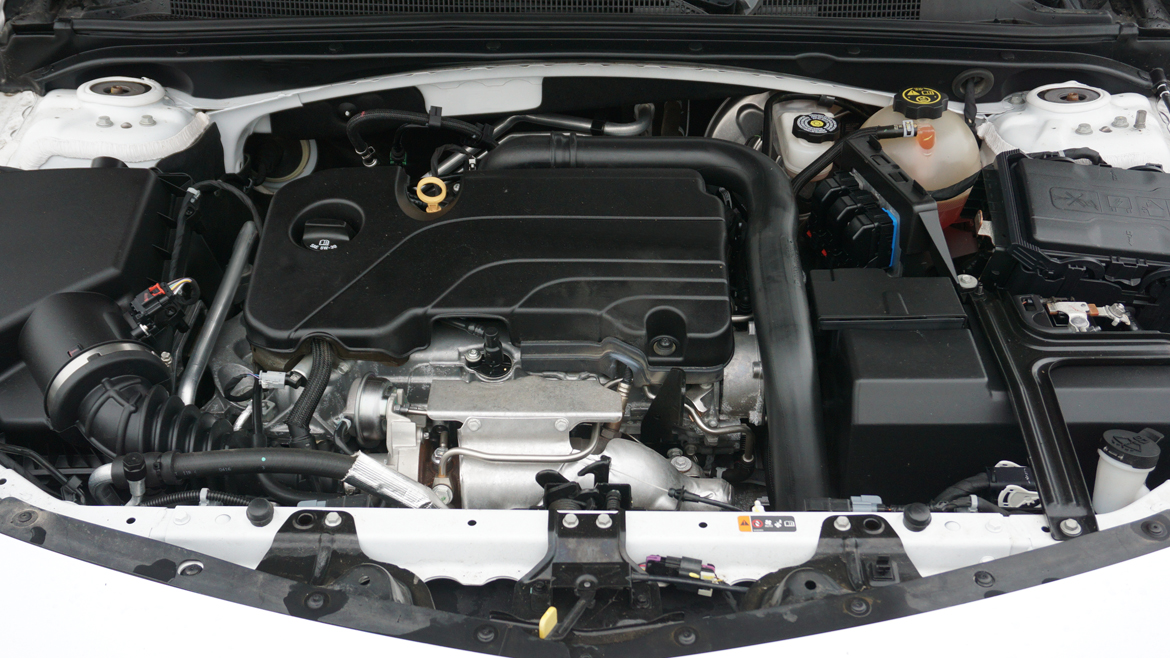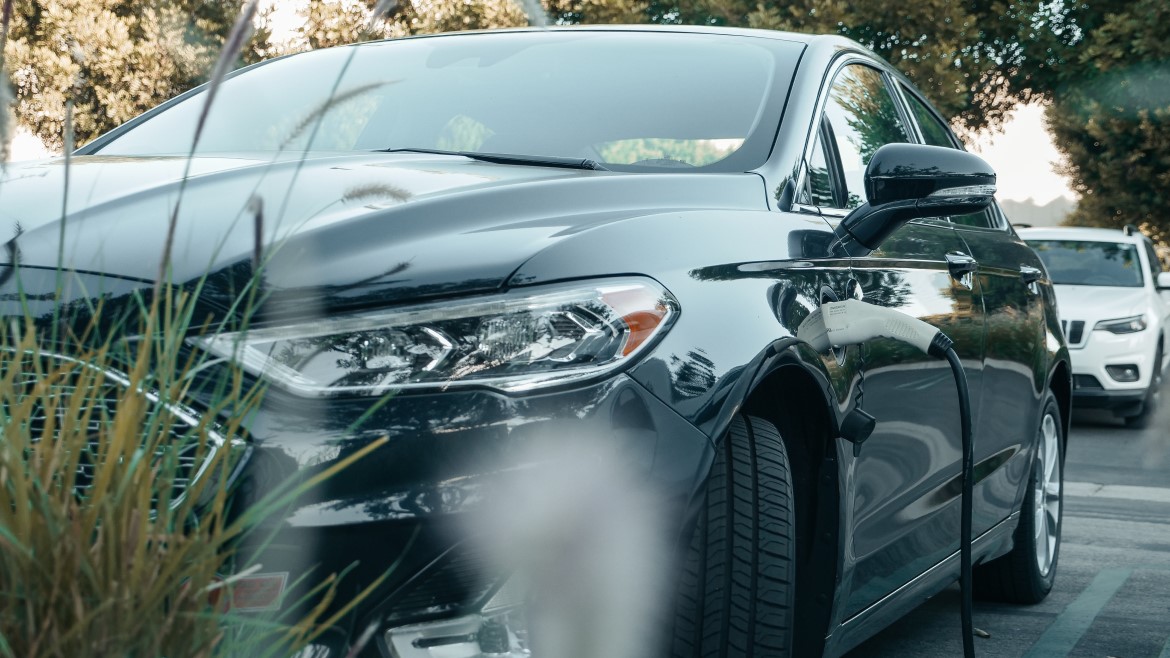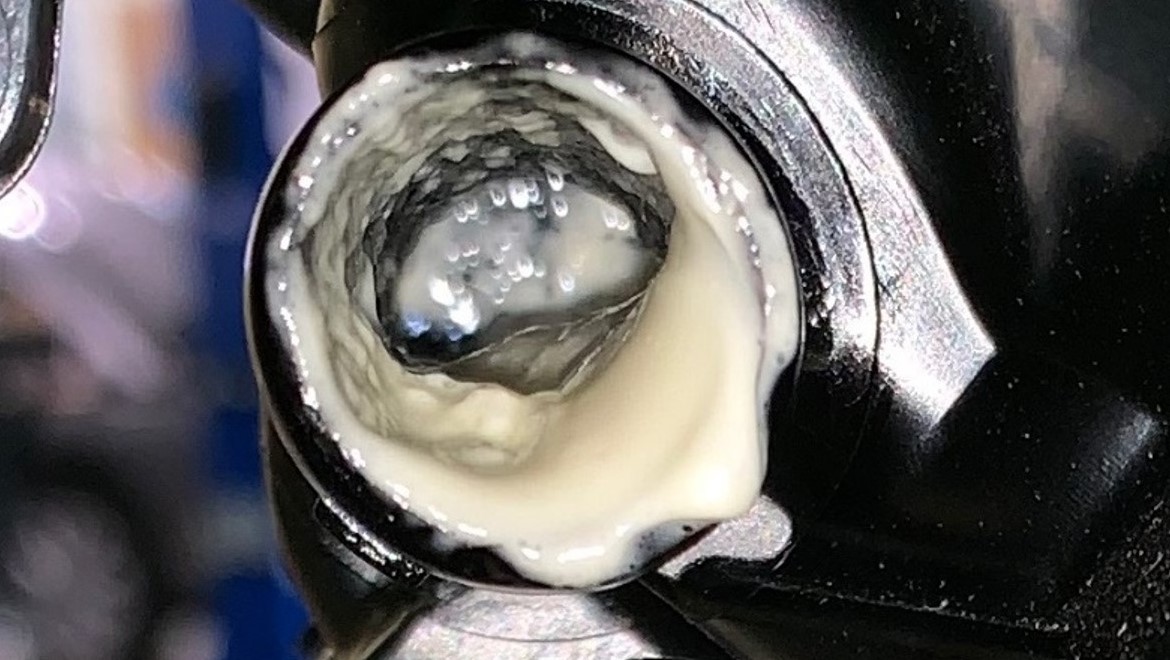Passenger car engine oils are designed to perform in harsh environments with high heat, high pressure and high potential for contamination. Their purpose is to protect components and vehicle owners’ investment throughout the life of the vehicle.
But are all passenger car engine oils created equal?
For more information, please contact your Lubrizol representative.
Video Transcript
To the naked eye, it can be impossible to recognize the difference in quality and performance characteristics of two oils. Take a look at these two cans of oil. Both have a list of specifications on them.
The same viscosity, color of fluid and oil change recommendations.
But are they the same? OEMs recommend specific oil types for their vehicles to ensure the best performance of an engine and maximize longevity of components.
OEM approved oils go through extensive engine and laboratory testing to achieve OEM sign off.
Other oils will make the approval claims without having the testing to guarantee performance, increasing the risk of future engine related issues. Let’s see how our two oils perform over time.
Things seem pretty good to begin with, but as the mileage starts to increase, what could be happening inside the engine? In engine A things are still looking clean and shiny.
However, things aren’t as pretty in our Suitable for Use car. Sludge and deposits are beginning to build up and the performance of the car is impacted. Sludge and deposits formation can cause havoc in the engine, blocking pick-ups, building up around the pistons and settling in the sump. As deposits build up, the engine stops operating as designed leading to less power, increased fuel consumption and increased emissions.
An approved oil is designed to combat deposits and maintain engine performance Whilst some of the problems our SFU vehicle is facing are hard to spot, others become obvious, such as oil leaks.
Engines are an inherently harsh environments with high heat, high pressure and high potential for contamination.
Seals play an important role in ensuring dirt stays out, and oil stays in. When unapproved oils are used, the risk of seal damage and oil leaks is increased.
Vehicle’s owners’ driveways and the environment are also at risk. Ensuring vehicles are protected in all weathers is another key aspect of choosing the right oil.
Cold weather can impact how easily vehicles start, how easily oil flows and how well protected the components are in the critical first few minutes of use.
It is these first few moments when the engine is at highest risk of damage due to poorly flowing oils. Lack of oil flow could lead to wear and damage of key components such as bearings and pistons. Suitable for use engine oils bring with them a level of risk.
Risk that they will not protect engines correctly and put owners at risk of engine failure or increased repair costs.
By using OEM approved engine oils, this risk is removed, ensuring the oil in vehicles protects engines and owner investment.








